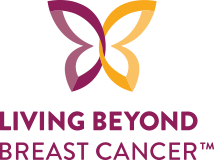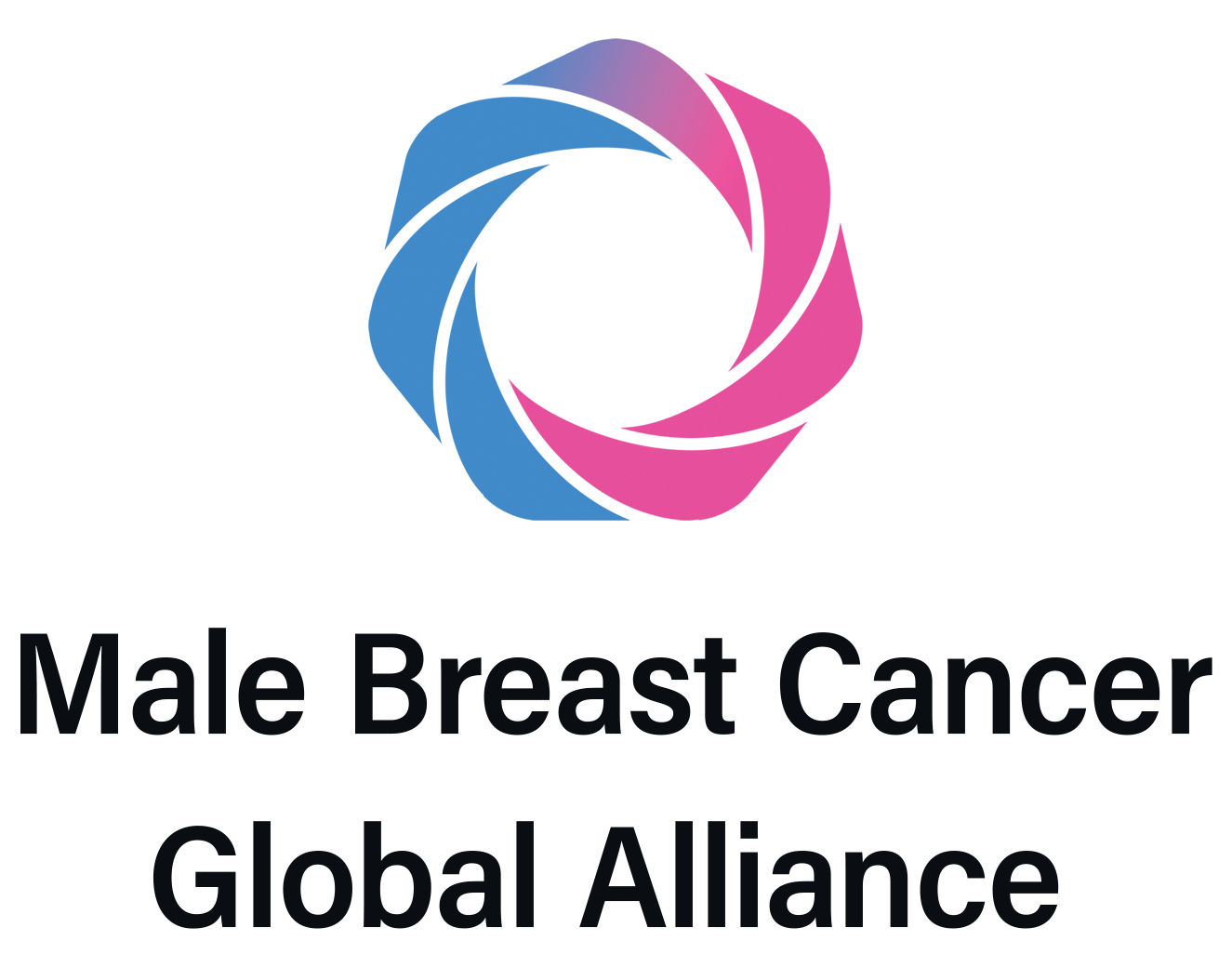Looking at Death Differently: Perspective and Planning


Who knew preparing for the End of Life was such hard work?
So far, I’ve had eight years to check items off my “Things I Must Do Before I Die” list (it’s like a Bucket List, but tedious and boring), yet I’ve put it off for as long as humanly possible. It’s honestly a LOT. The tasks seem heavy and daunting, and while no one wants to even think about it, it’s a very real chore for every living person. It’s something I wish I, and society in general, could start to look at differently.
Death is natural. Whether you have cancer, another terminal or catastrophic illness, heck, even if you’re healthy as a horse, we’re all going to die. It’s about the only thing that’s guaranteed to happen in this life. Though it can feel morbid and most definitely is sad to think about, I wish there wasn’t a stigma associated with dying.
When I openly discuss my feelings about my diagnosis, my vision for my last days, or my wishes for my funeral, everyone gets freaked out. They cry, clam up, or just simply say, “I can’t think about that.” Well, guess what? It’s hard for me too, but I have to think about it, day after day. Then I wonder, why should I, the one who is most consciously facing death, not talk about my feelings simply because it makes them feel uncomfortable? My illness and my death are about me, and while we’re all going to face it differently, I shouldn’t have to conform my ideals to the living’s.
I’ve found this is easier said than done; I’ve even found myself guilty of imposing my preferences on others. I recently lost a friend to mBC, and for months she refused palliative care. I was livid. Why wouldn’t she want to have those services in place to manage her care?! It seems to me like a gentle way to usher yourself into the afterlife, but she didn’t want that. She was afraid hospice meant she was dying (which she most certainly was), and she was scared of death. She didn’t want it to come. She thought hospice meant giving up. Ultimately, hospice services were provided in the final week of her life, and she passed away peacefully at home, on her own terms. I had to respect her wishes for her own death in the same way I hope others will for mine.
I’d like to think I will get to choose the terms of my death as she did, and I will have completed my “Things I Must Do Before I Die” list. I’d like to think I will know when it’s time to give up my fight against cancer. Choosing to end treatment and let cancer have its way is still a choice, and even the thought of that makes me feel like I have the slightest bit of control in a situation that has been wildly out of control since the day I was diagnosed. Choosing death instead of fighting seems like the ultimate “F” cancer!
Death can certainly be a complicated business, and while I’m no expert, there are people who can help you with different types of directives: attorneys, CPA’s and more. Here, I’ve compiled a helpful list from varying resources of things we all (yes, even you, “healthy” people) should consider before we die. I created this list for myself and am sharing it in case it is helpful to those who are considering making their own.
This list has not been reviewed by an attorney. If you're looking for more guidance on estate planning, an attorney may be a good place to start. Laws may also be different depending on which state you live in.
“Things I MUST Do Before I Die” list:
- Make sure all my bank accounts have beneficiaries. The beneficiary should only need to go to the bank with the death certificate and an ID of their own.
- TOD = Transfer on Death deed (For those that own a home, completing this document and filing it within their county could save their heirs money.) This document may allow the transfer of my home to my designee.
- Living Will (Allows me to put in writing exactly what I want done in the event I cannot speak for myself when it comes to healthcare decisions.)
- Durable Power of Attorney (Allows me to designate a person to make legal decisions if I am no longer competent to do so.)
- Power of Attorney for Healthcare (This document allows me to designate someone to make healthcare decisions for me.)
- Last Will and Testament (Designates to whom my personal belongings will go.)
- Funeral Planning Declaration (Allows me to say exactly my wishes as far as plans for the body and the services.)
- Make a list of all banks and account numbers, all investment institutions with account numbers, lists of credit cards, utility accounts, etc. (Leave clear instructions as to how and when these things are paid. Make sure heirs know where life insurance policies are located.)
- Make sure someone trustworthy knows how to access my phone, computers, and bank ID account logins and passwords.
- Make sure to have titles for all vehicles and other property.
- Most importantly, talk with those closest to me and make all my wishes known. (Talk to those whom I’ve designated, as well as those close to me whom I did not designate. Do this to explain why my decisions were made and to avoid any lingering questions or hurt feelings.)
I know this topic can be a real buzzkill, but it’s so important that we talk about it, make these kinds of decisions, and create a plan while we are healthy and able. Doing a little (or a lot) of work now can save our family and friends a ton of stress after we’re gone (and maybe give us some peace as well).










